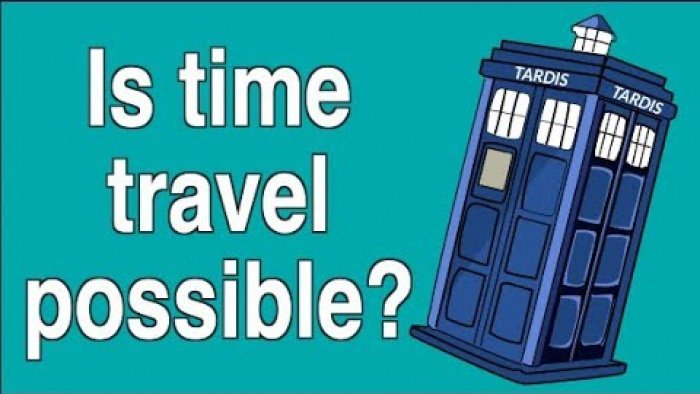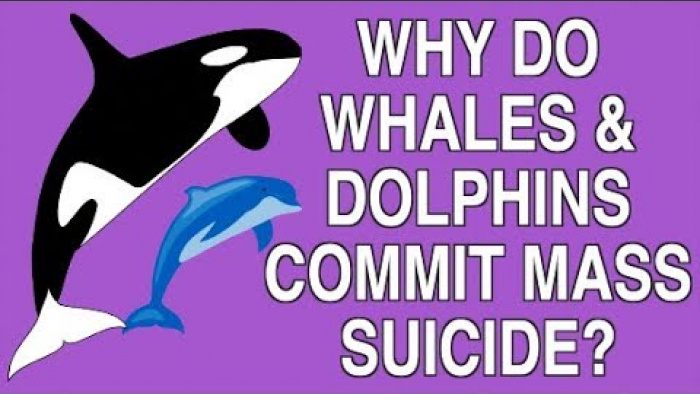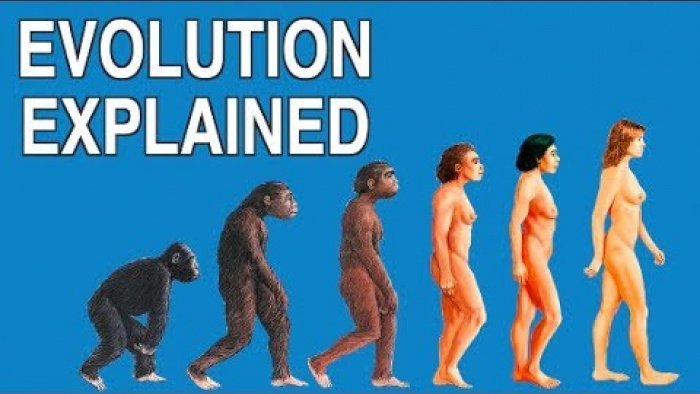Will we ever cure cancer?
Everyone’s life has or will be touched by cancer so it’s natural for us to want a cure. Each year 330,000 people are diagnosed and one in three people will develop some form of cancer in their lifetime.
Cancer is the uncontrolled division of abnormal cells in a part of the body and it is caused by genetic changes that control the way our cells function, grow and divide.
These genetic changes could happen over a person’s lifetime, as a result of errors during cell division or they could be inherited.
They could also be a result of environmental exposure to harmful cancer-causing substances such as tobacco smoke or radiation, for example, the UV rays from sunbeds.
Cancer is both unique to the individual and enormously diverse as there are over 200 different types of cancers so there can be no catch-all definitive 'cure' for all cancers.
Cancer also has the ability to evolve and become resistant to drugs. The diseased cells that can be killed off by a particular drug will be killed off but any remaining cancer cells which aren’t eliminated continue to divide and go on to re-establish the cancer which can no longer be treated by the drug previously used.
This presents a real challenge but as Doctor’s understand more and more about the genetic makeup of cancers they are able to create targeted personalised medicine for each patient, using combinations of treatments and therapies.
There is some discussion in the medical community with regards to approaching some cancers as a chronic disease that requires ongoing long-term treatment. Cancer does not necessarily spell a death sentence and in the future, as knowledge and technology improves patients will continue to benefit and their life expectancy will significantly improve.
Cancer survival rates have doubled since the 1970s and presently half of patients with cancer survive for five years or more.






